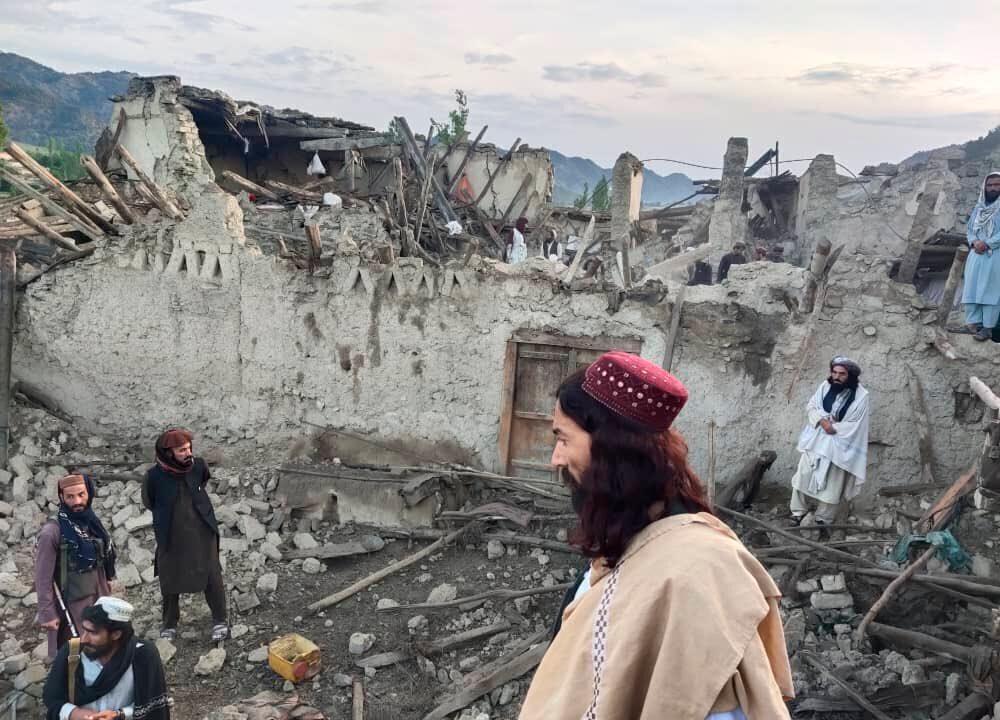An earthquake in eastern Afghanistan early on June 22 left at least 1,000 people dead and at least that many injured, with tremors felt in neighboring Pakistan and India, officials said.
“Unfortunately, last night, there was a severe earthquake in four districts of Paktika province, which killed and injured hundreds of our countrymen and destroyed dozens of houses,” government spokesperson Bilal Karimi wrote in a June 22 Twitter post. “We urge all aid agencies to send teams to the area immediately to prevent further catastrophe.”





